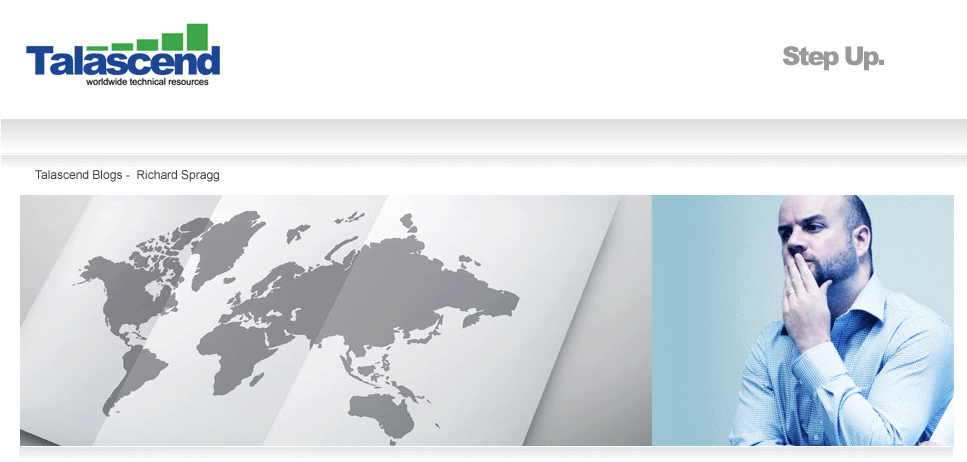 |
| Using you calendar for tasks will help you get things done |
The answer is setting time for things and abiding by it.
Nobody ever asks how people find the time to go to Church. It’s Sunday morning;
you always go Sunday morning. You went the last 200 Sunday mornings and you’re
going next Sunday morning. Substitute any other form of religious practice and
the point remains the same. You acknowledge the importance of something to you,
you allocate it time in your schedule and you respect the time allocated.
What stops you from accomplishing things in a lot of cases is that other things can needlessly stop you from focusing on respecting the time you’ve allocated.
What stops you from accomplishing things in a lot of cases is that other things can needlessly stop you from focusing on respecting the time you’ve allocated.
Here are my 5 tips to create time in your week.
1. Dump ‘busy’ as a
measure of value
In so many teams I have worked in, busy has been the measure
of value. This is absurd. Nothing irritates me more than when someone I work
with tells me how busy they are. Busy is basically a function of incompetence.
You’re not busy, you’re disorganized. Showing off about how busy you are is like boasting you’re incompetent. You’ve been given a workload, which you’ve
accepted; from this point forward, the easier you make it look, the more points
you get. When you let people know you’re up to your eyeballs – you look bad,
not good. Don’t fall into this trap. Allow yourself to spend time
on things that could make you seem to less enlightened colleagues like you have
time on your hands. It’s their mistake, not yours.
2. Understand urgency
and importance.
You can see the blog from two weeks ago for this.
3. Manage your e-mail,
don’t let it manage you.
Have you got the Outlook pop-up that appears every time you
get a new e-mail in the corner of your screen? The one with the person’s name
and the subject line? Turn it off. How can you possibly be expected to focus
when you are allowing your boss, colleagues, friends or mother to tap you on
the shoulder every two minutes? Very few of us have the discipline to ignore
something interesting. But in most cases, any e-mailed communication you
receive can wait until you’ve finished the task you’re completing. A key
benefit of e-mail is that it is not the chosen form of communication for urgent
matters (not among serious people anyway.) So anything you would actually need to drop everything for is unlikely to
arrive by e-mail.
4. Your boss can wait.
Don’t be at the beck and call of your boss. If you have an
interactive relationship with your boss on a daily basis, make sure you’re
letting yourself prioritize them appropriately in your overall agenda. If you’re
automatically jumping them to the top of every list, just because you report to
them, you’re going to screw up your priorities. Your boss pays you to do your
job well, not to be around whenever they need you. I was in a meeting recently
when a junior colleague quietly showed me their cell phone buzzing with the
President of their division calling. They asked if they should go and take it.
I said no, absolutely not. He looked puzzled.
‘Won’t he be annoyed that I’m too busy
for him?’ He said.
‘I think he’d be a lot more annoyed if
you were never too busy for him,’ I said.
5. Use your calendar for
more than meetings.
Your Outlook calendar is your key to getting things done.
There is no written rule that says it’s just for meetings. Believe me, my hour
for blog writing is in my calendar and I respect it as if it were a meeting
with the Chairman. During this hour, I am unavailable by e-mail or Skype. I
will answer the phone, but unless it’s an emergency, you will be politely asked
for a time when I can call you back. My calendar is open for anyone internally
to view, so they can check to see what I’m doing before they call me. You put
your dentist appointment in the calendar because you want to remember to go and
it’s helpful for your colleagues to know where you are. Why not put your
paperwork in there too?
My hour is up. The blog is done. I have two phone calls to
return and I don’t know what’s waiting for me in my inbox, but if the hour I’ve
just spent focused on this task turns out to have cost me anything, I’ll be
very surprised.
Richard Spragg writes on various subjects including global engineering staffing and global engineering jobs.
NEW - Listen to the Podcast version here...
Richard Spragg writes on various subjects including global engineering staffing and global engineering jobs.
NEW - Listen to the Podcast version here...

